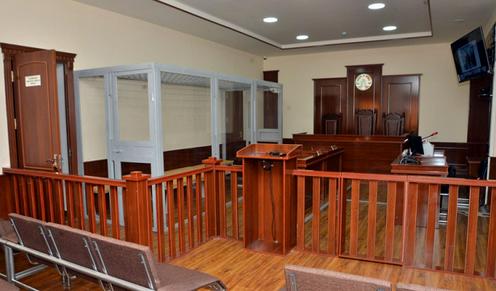The appellate commission of the Kashkadarya Regional Court has reviewed the case of a local resident who participated in Russia's special military operation (SMO). The court overturned the earlier sentence of six years in prison and replaced it with a suspended sentence, according to Gazeta.uz, which examined the court's ruling.
According to the case materials, in February 2024, the Uzbek man traveled from Bukhara to St. Petersburg for seasonal work. In Russia, he voluntarily signed a one-year contract with the Russian Ministry of Defense. It was reported that his motivation was to earn money, though the exact amount promised was not specified.
After 11 days of training at a military base in Russia's Rostov region, the man was deployed to the conflict zone. He underwent additional training before being sent to the front lines.
In March, he sustained injuries from a drone explosion and was hospitalized in Russia's Volgograd region. Uzbek investigators noted scars from the injuries on his right shoulder blade, the lower front edge of his right shoulder, and the outer part of his right elbow.
After being discharged from the hospital, the man decided to return to Uzbekistan. In July, he returned to Kashkadarya and reported his participation in the military conflict to the regional office of the State Security Service.
On October 31, 2024, the Dehkanabad District Court in Kashkadarya found the man guilty of mercenary activity (Article 154) and illegal border crossing (Article 223) under Uzbekistan's Criminal Code. He was sentenced to six years in prison.
On November 19, the Kashkadarya Regional Court held an appeal hearing. The man's lawyer argued that he had legally returned to Uzbekistan and requested the removal of the illegal border crossing charge. The lawyer also asked the court to consider mitigating factors, including the defendant’s minor children, his voluntary confession, cooperation with the investigation, and his health conditions—cancer and injuries sustained in the conflict.
The appellate commission overturned the previous ruling, replacing the prison sentence with a two-year suspended sentence. The defendant was released from custody in the courtroom.










